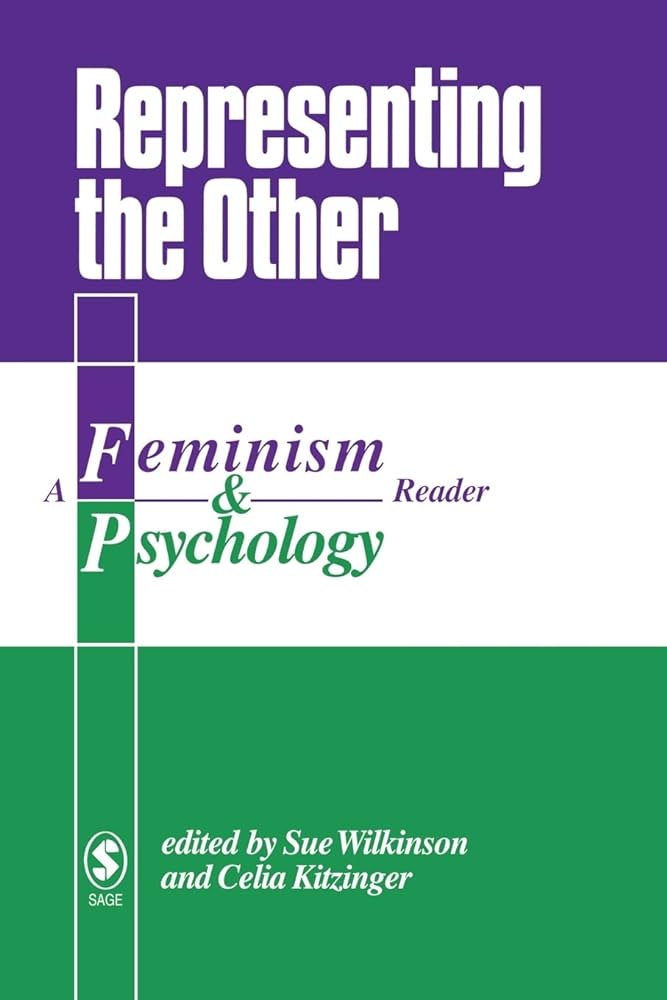乐观的一面:积极话语,情感实践和新女性主义
IF 1.9
3区 心理学
Q2 PSYCHOLOGY, MULTIDISCIPLINARY
引用次数: 7
摘要
从政策到个人实践,利用积极影响的积极影响的禁令正在全球情绪机制中脉动。追踪这一现象的学术研究将对积极的推动——以及其他看似“企业家”的影响——与新自由主义文化形成联系起来。在心理学内外,女权主义分析都在强调这些形态的性别化地址及其与当代女性的交织。虽然这提出了关于积极性命令的性别含义的重要问题,但缺乏细粒度的实证工作意味着很少有人知道积极性话语是如何被接受和实现的。我们采访了24位面临不同情绪管理需求的女性(影响者、母亲和服务工作者),以调查积极情绪如何影响日常生活。我们的分析展示了参与者用来解释积极性的两种情感话语库:作为吸引力关系的积极性和作为代理认知风格的积极性。我们还确定了四个积极谈话的核心人物,以及三个与积极有关的情感话语实践:控制情绪,良性地减少消极情绪和胜利的积极情绪。我们的结论是,在提供新的和吸引人的情感立场的同时,积极话语也可能重申情感实践和调节的深刻不平等模式。本文章由计算机程序翻译,如有差异,请以英文原文为准。
Looking on the bright side: Positivity discourse, affective practices and new femininities
From policy to personal practice, injunctions to harness the positive effects of positive affects are pulsing through global emotion regimes. Scholarship tracing this phenomenon links the push for positivity – and other seemingly “entrepreneurial” affects – to neoliberal cultural formations. Within and beyond psychology, feminist analyses are highlighting the gendered address of these formations and their imbrication with contemporary femininities. While this raises important questions about the gendered implications of positivity imperatives, an absence of fine-grained empirical work means little is known regarding how positivity discourse is taken up and lived out. We draw from interviews with 24 women facing distinctive emotional management demands (influencers, mothers and service workers) to investigate how positivity inflects everyday living. Our analysis presents two affective–discursive repertoires that participants drew on to explain positivity: positivity as attractive relationality and positivity as agentic cognitive style. We also identified four figures who are central to positivity talk, and three affective–discursive practices linked to positivity: keeping emotions in check, virtuously declining negativity and triumphant positivity. We conclude that, while offering new and appealing feeling positions, positivity discourse may also reaffirm profoundly unequal patterns of emotional practice and regulation.
求助全文
通过发布文献求助,成功后即可免费获取论文全文。
去求助
来源期刊

Feminism & Psychology
Multiple-
CiteScore
3.30
自引率
11.10%
发文量
51
期刊介绍:
Feminism & Psychology provides a forum for debate at the interface between feminism and psychology. The journal"s principal aim is to foster the development of feminist theory and practice in – and beyond – psychology. It publishes high-quality original research, theoretical articles, and commentaries. We are interested in pieces that provide insights into the gendered reality of everyday lives, especially in relation to women and girls, as well as pieces that address broader theoretical issues. Feminism & Psychology seeks to publish work from scholars, researchers, activists and practitioners at all stages of their careers who share a feminist analysis of the overlapping domains of gender and psychology.
 求助内容:
求助内容: 应助结果提醒方式:
应助结果提醒方式:


